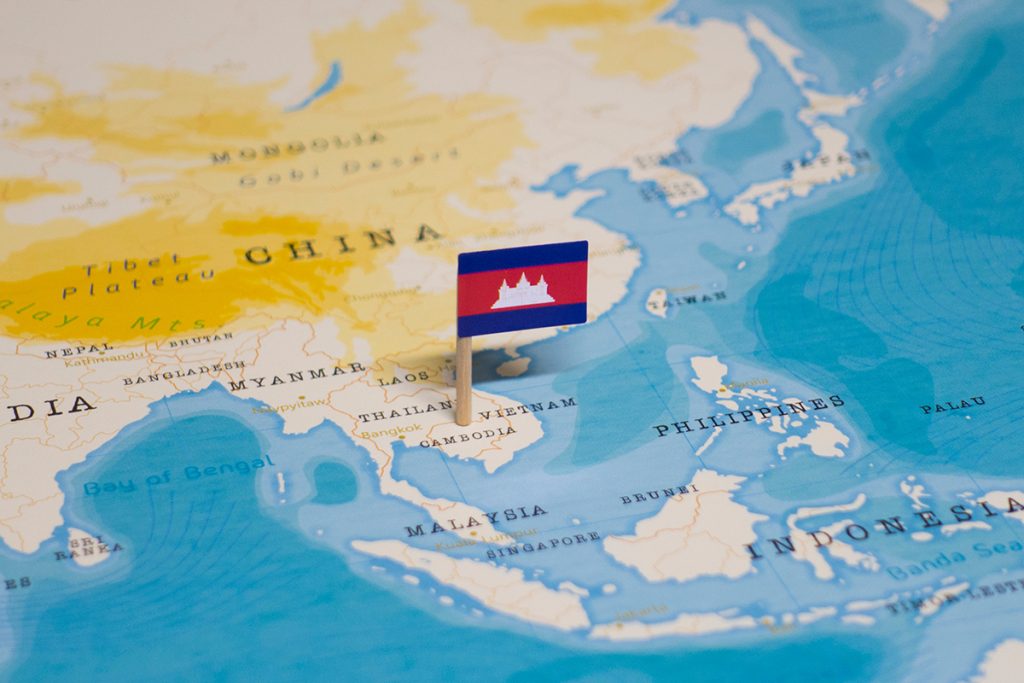In a significant move to establish a local digital foothold, Cambodia has launched its own messaging application, CoolApp, a brainchild endorsed by the nation’s long-standing authoritarian leader, Hun Sen. The app, which officially rolled out this month, aims to serve as a Cambodian alternative to global giants like WhatsApp and Telegram. Despite its promise of enhanced privacy and data security, the introduction of CoolApp has sparked intense debates and fears regarding potential government surveillance and the erosion of civil liberties.
The inception of CoolApp comes at a time when Hun Sen, who has governed Cambodia with an iron grip for over three decades, continues to exert considerable influence despite his formal resignation. His son, Hun Manet, has taken over the reins as the Prime Minister but the elder Hun’s dominance in political affairs remains undisputed. This transition has done little to quell concerns about the state of democracy and freedom in Cambodia.
Hun Sen has publicly championed CoolApp, highlighting its role in safeguarding national security and minimizing foreign interference in Cambodia’s digital communications. Drawing parallels with regional messaging services like China’s WeChat and Russia’s Telegram, Hun Sen’s endorsement of CoolApp underscores a broader shift towards nationalistic digital solutions across Asia.
However, critics argue that CoolApp could further enable the Cambodian government’s capacity to monitor and suppress political dissent. Rights groups have noted a significant regression in internet freedom under Hun Sen’s rule, characterized by censorship, media blackouts, and online harassment of activists and government critics. This environment raises legitimate concerns about the potential misuse of CoolApp as a tool for state surveillance.
Despite assurances from CoolApp’s founder and CEO, Lim Cheavutha, who claims the app uses end-to-end encryption to ensure the privacy of communications, skepticism remains. His assertion that the app does not monitor, collect, or store user data has been met with caution, especially given Cambodia’s recent challenges with online scams primarily orchestrated by foreign criminal groups, which have prompted international security warnings from entities like the US State Department and the United Nations.
The political climate in Cambodia has increasingly mirrored authoritarian regimes, with stringent controls over digital and media landscapes. This has included threats by Hun Sen to ban platforms like Facebook, where he has been a prolific user but also a subject of political contention due to alleged abuses and online harassment from overseas opponents.
In 2023, a quasi-independent oversight board for Meta, the parent company of Facebook and Instagram, recommended a temporary suspension of Hun Sen’s accounts due to concerns over content that could incite violence. This incident further highlights the complex interplay of politics, social media, and governance in Cambodia.
Exiled opposition leaders, including Mu Sochua and Sam Rainsy, have been vocal in their criticism of CoolApp, suggesting it symbolizes a move towards a Chinese-style surveillance model. They claim that civil servants have been mandated to download the app, a directive that underscores the government’s intent to consolidate its control over communication channels.
These developments have led to calls for a boycott of CoolApp, with figures like Sam Rainsy advocating for resistance against what they view as an expansion of the government’s repressive toolkit. Such calls echo historical concerns about Hun Sen’s administration, notorious for its alleged secret monitoring of private opposition discussions and controlling social media discourse.
As CoolApp begins its journey in the digital market, aiming for ambitious download targets, the broader implications of its adoption in Cambodia remain a topic of intense scrutiny and debate. The future of this app could very well shape not just communication norms but also the landscape of freedom and privacy in Cambodia.


